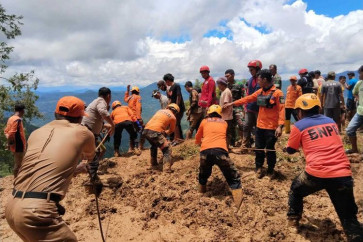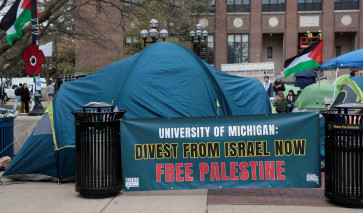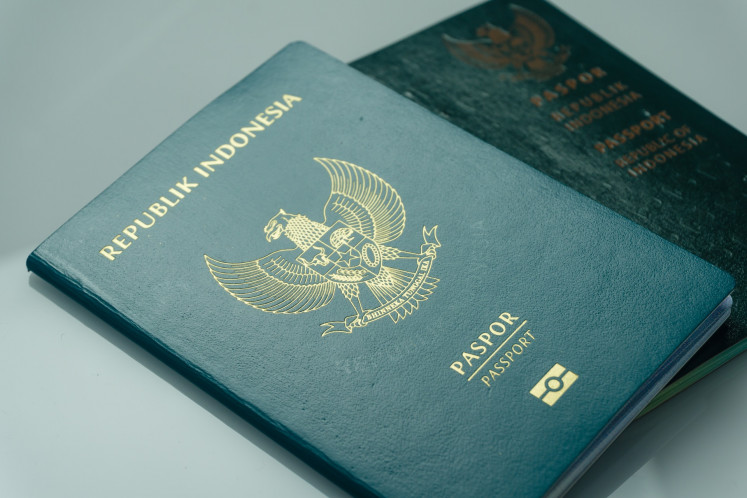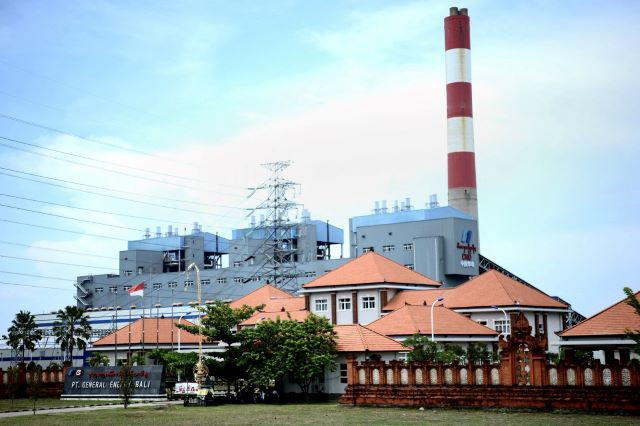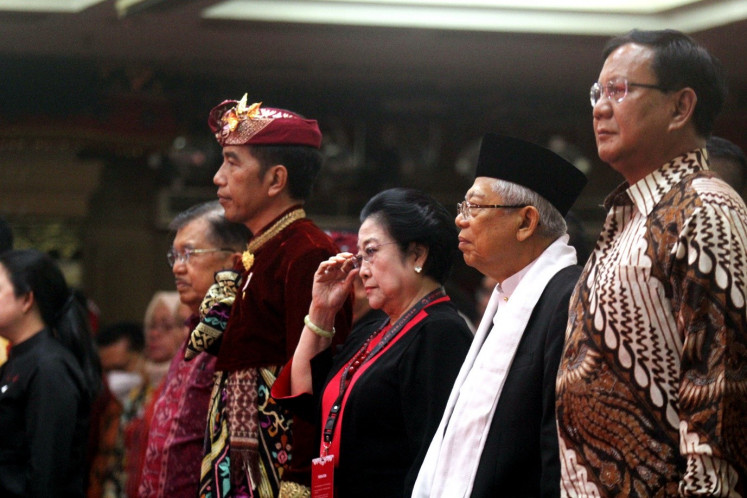Govt pins hope on auctions to boost investment
Exploration in the mining sector is expected to help the government exceed its investment target of US$6 billion in the coal and mineral industry this year, similar to last year’s target
Change Size

E
span>Exploration in the mining sector is expected to help the government exceed its investment target of US$6 billion in the coal and mineral industry this year, similar to last year’s target.
The government, through the Energy and Mineral Resources Ministry, is set to auction after April at least 14 mining areas, six of which are coal mines. The remaining are three nickel mines, three gold mines, one iron ore mine and one asphalt mine.
The Energy and Mineral Resources Ministry’s coal and mineral director general, Bambang Gatot Ariyono, said that without new exploration activities, investment in the sector would likely end on a similar note as last year’s achievement of $6.8 billion.
It exceeded the 2018 mining investment target of $6.2 billion.
“Our target this year is based on mining firms’ planned capital expenditure, but we could go beyond our target if the auctions succeed,” Bambang said, adding that the auction for 10 out of the 14 areas would be managed by regional administrations.
To ensure that the auctions run smoothly, he said the ministry would soon issue technical instructions for the events.
According to kontan.co.id, the four mining areas handled by the central government are two nickel mines in Latao and Suasa in North Kolaka, Southeast Sulawesi, the Kolonodale nickel mine in North Morowali and the Bungo coal mine in Jambi.
Those under regional administrations are three gold mines in Silo in East Java, Waringin Agung and the Karanei mine in Central Kalimantan, the Mulya Agung iron ore mine in Central Kalimantan and the Sribatara asphalt mine in Buton.
There are also five coal mines in Natai Baru, Tumbang Nusa, Baronang I, Baronang II and Piner, all of which are located in Kalimantan.
Bambang further said that the government also had 20 other mining areas waiting to be auctioned, but were likely to be put up after 2019.
Exploration activities in the mining sector remain low compared to other sectors in the energy industry, such as oil and gas, because of various problems and complexities, according to Gadjah Mada University energy economics observer Fahmy Radhi.
“There are three key barriers that still hamper investment for exploration in the mining sector, namely declining mining resources, regulatory hassle and resistance from environmentalists,” he told The Jakarta Post.
Fahmy said that exploration was dilemmatic because increased production would cause environmental losses but also directly boost state revenue.
In the downstream sector, the government is working to build 31 smelters by 2021. As of December 2018, 27 are in operation, 17 of which are nickel smelters.
The ministry’s mineral director, Yunus Saefulhak, said that this year, at least one nickel smelter in Tanjung Buli in East Halmahera, owned by state diversified mining firm PT Aneka Tambang (Antam), is set to operate in June.
Yunus added that the government would see a jump in the number of smelters starting next year, as 2021 was the deadline for all smelter operations.
“Therefore, we will tighten our supervision on smelter development this year and next year […] So far, no company has been sanctioned due to a lack of smelter development,” he said.
This year, the government is also pushing for mining firms to conduct thorough economic studies of coal downstreaming, such as coal to dimethyl ether, which can be used as a substitute for liquefied petroleum gas.
“We are committed to this goal [downstreaming of coal], but the government needs a detailed study on the economic aspect of the project. By doing so, we know what kind of incentives or policies are needed to make it happen,” Bambang said.

